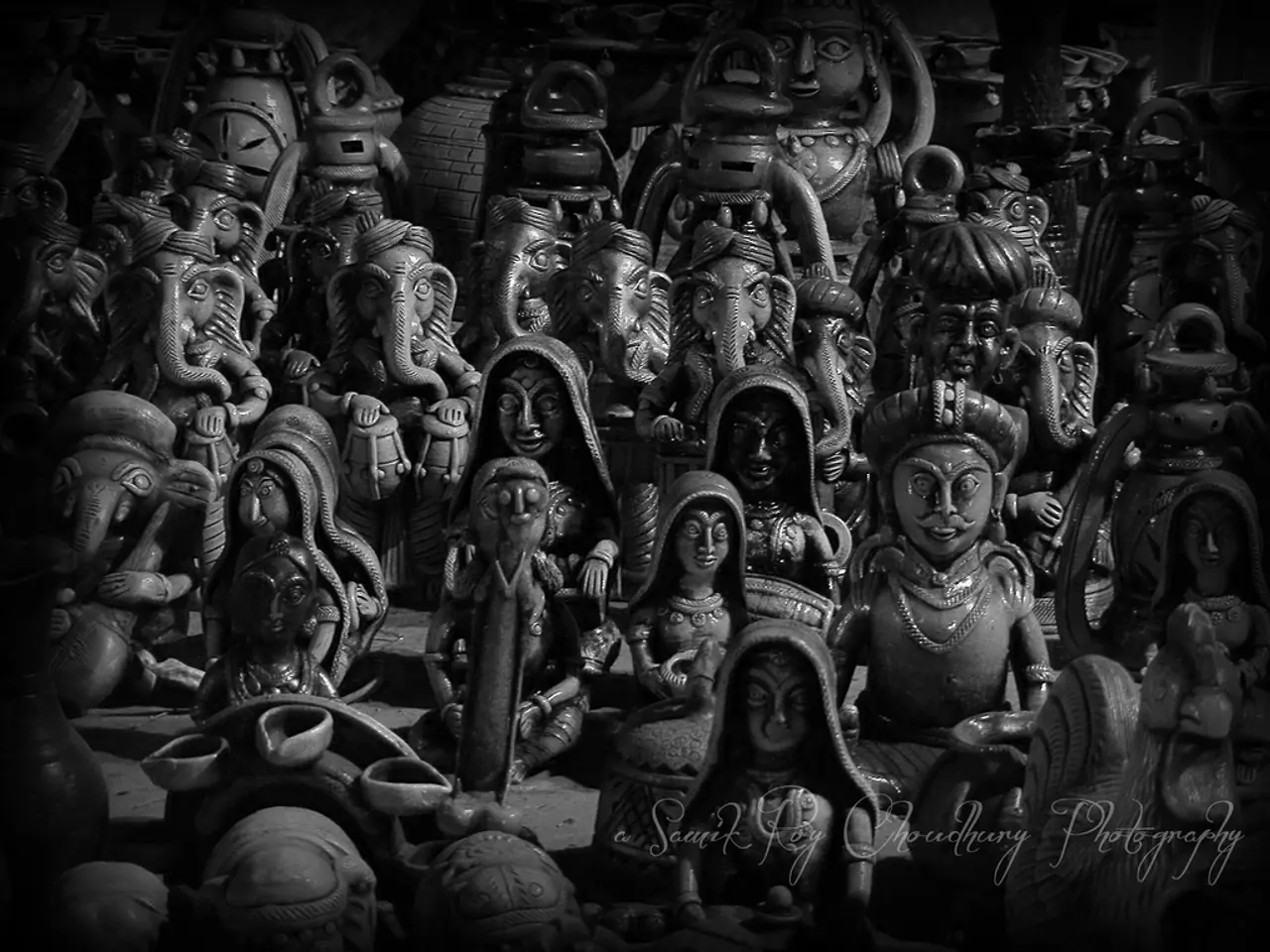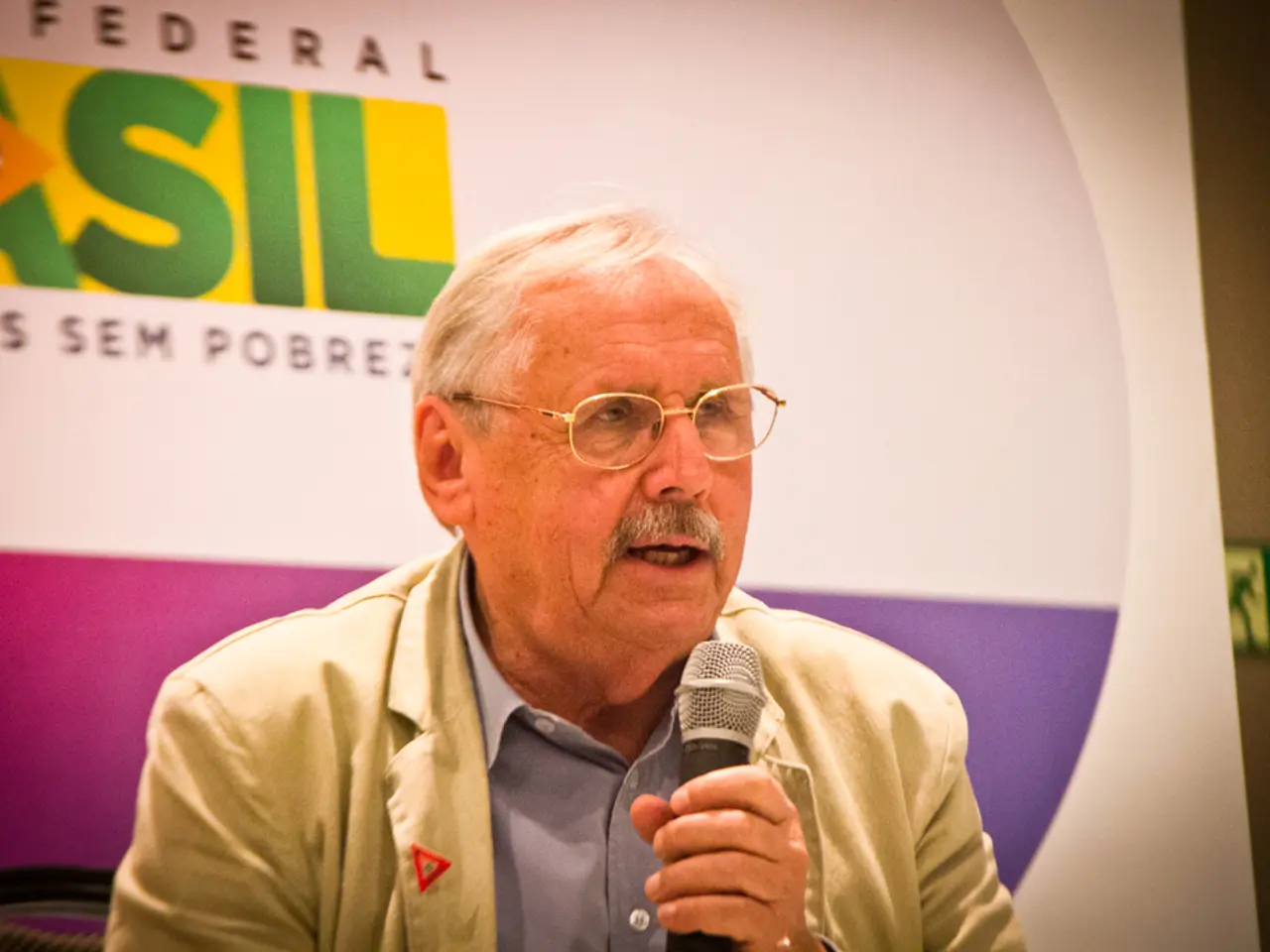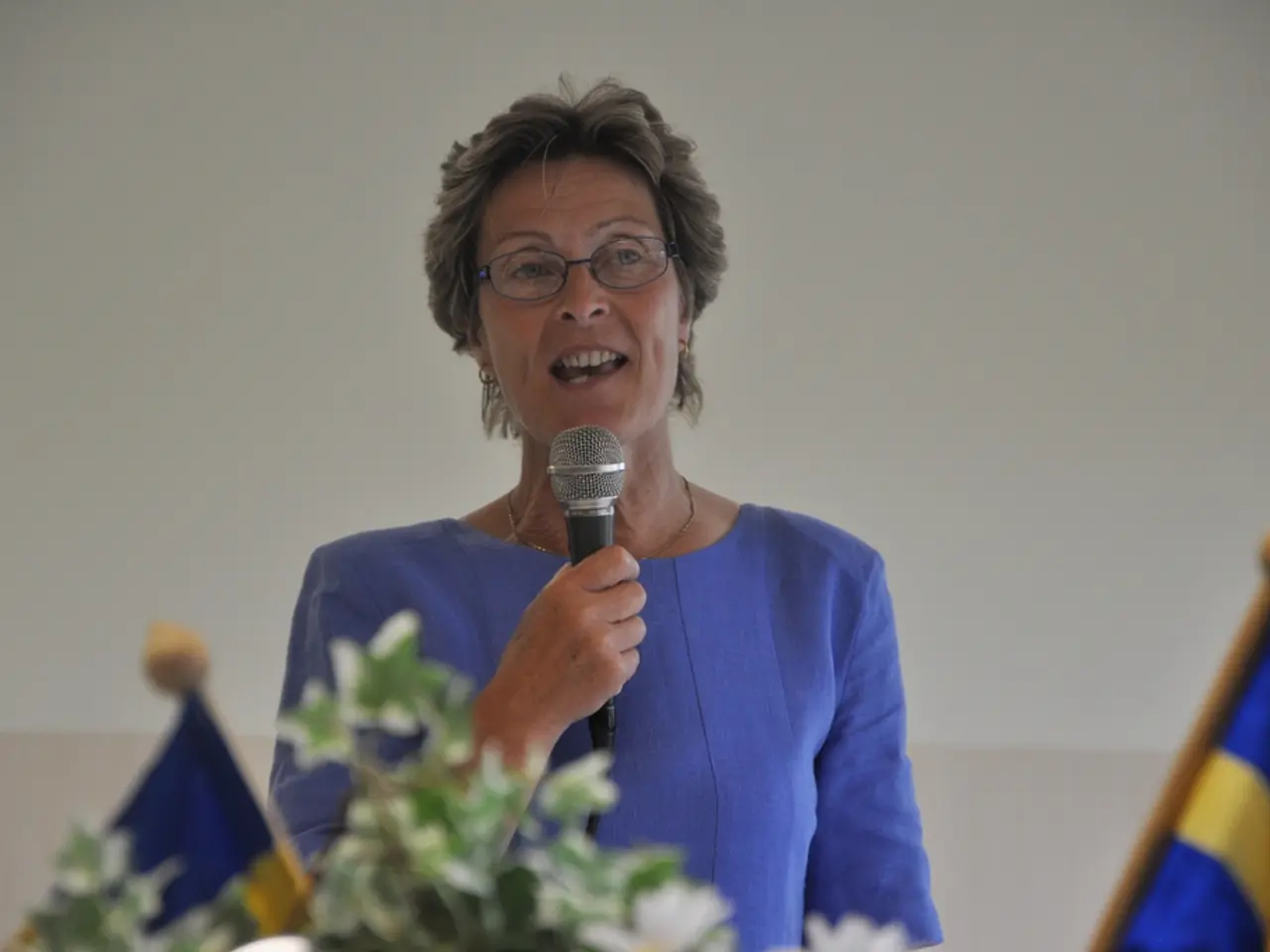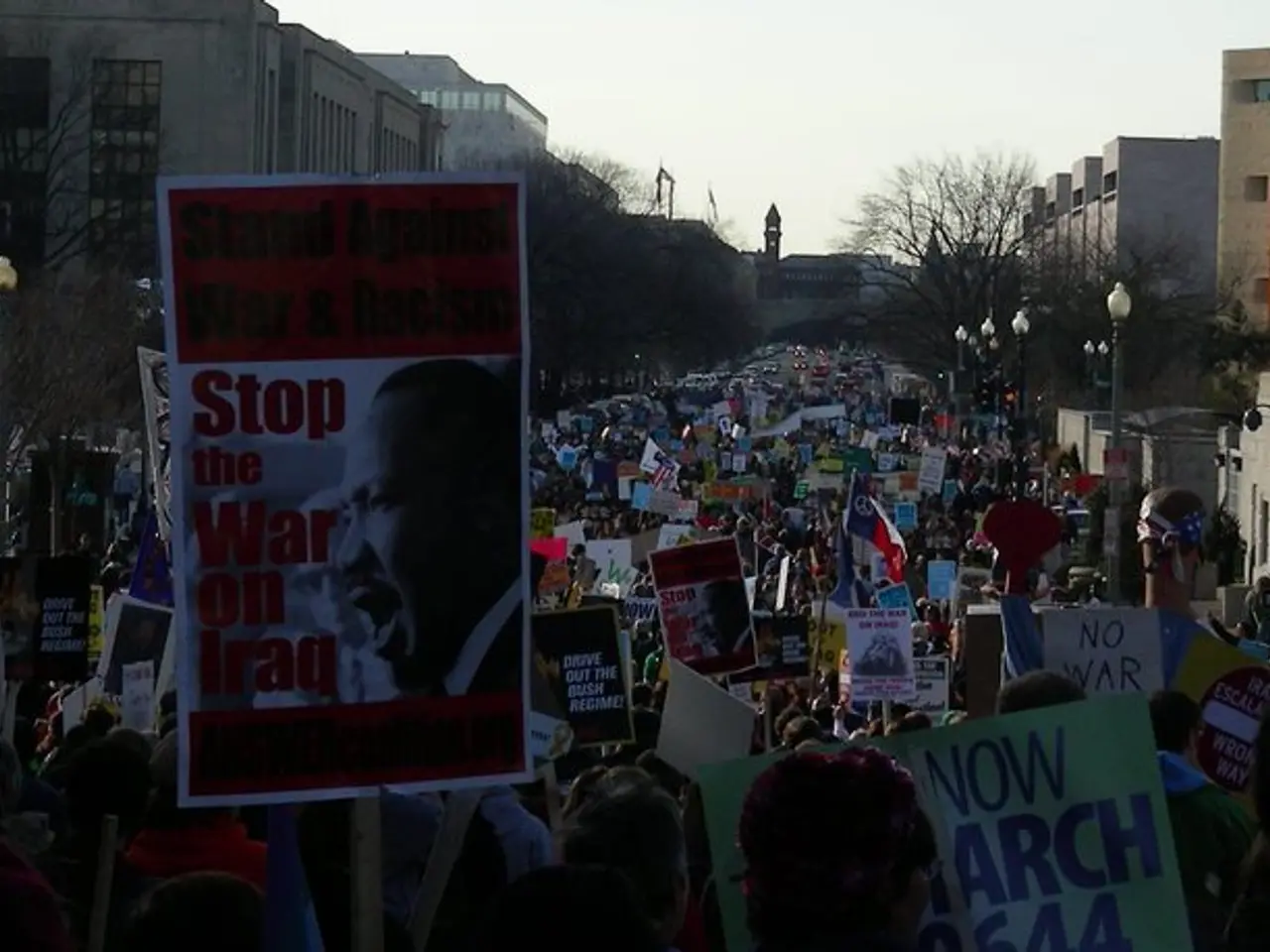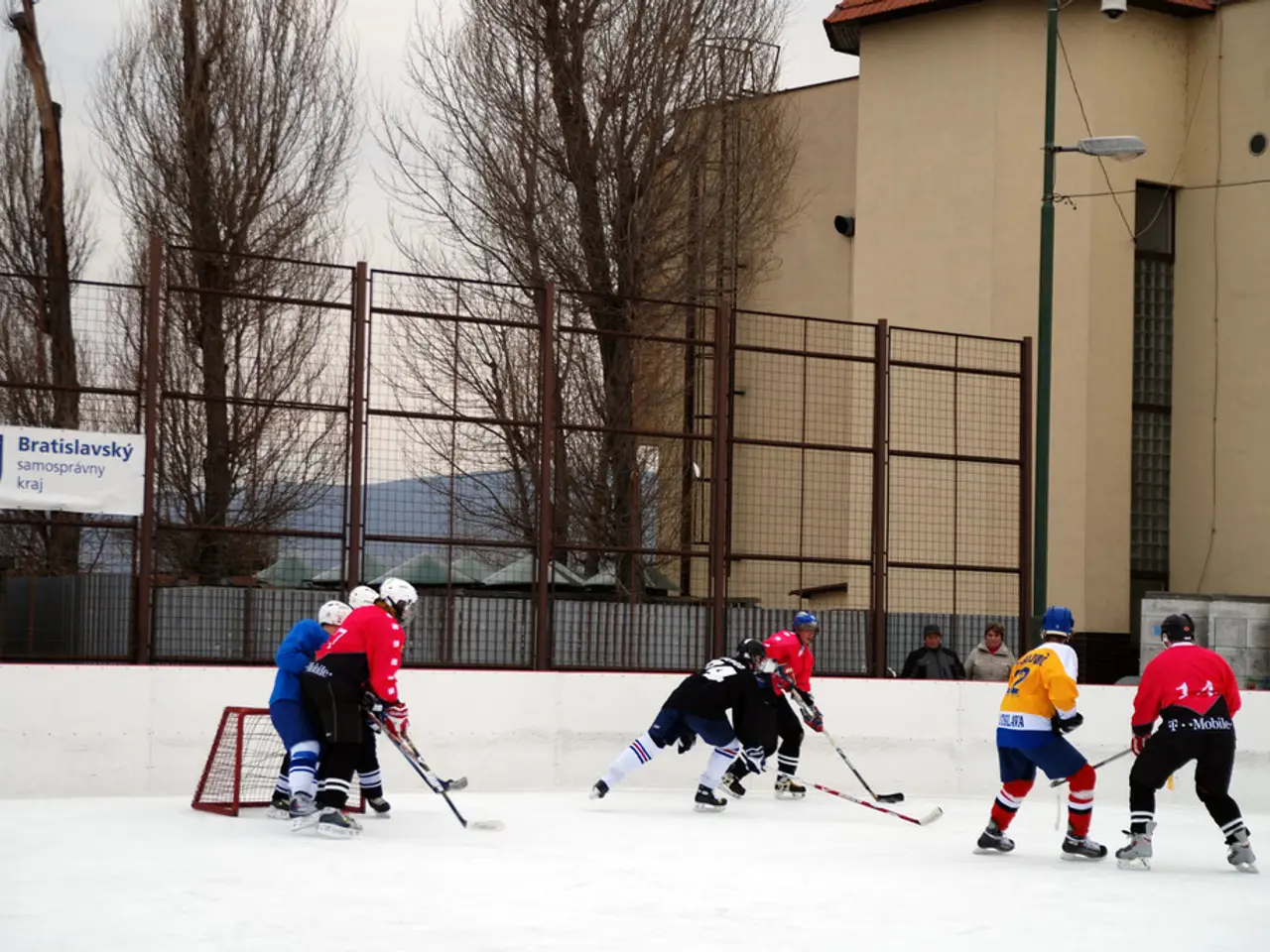Dalai Lama announces intention for reincarnation: Understanding the process of succession and the controversy surrounding it.
In a significant departure from tradition, the 14th Dalai Lama, Tenzin Gyatso, has announced that he may name his successor while still alive, ending years of speculation about the future of the Tibetan spiritual and political leadership.
Born in 1935, Tenzin Gyatso became the Dalai Lama at the tender age of 2, and has since been a beacon of hope for the Tibetan people. He has been living in exile in the town of Dharamshala, India, since 1959, following a failed uprising against Chinese Communist rule.
The Dalai Lama's stance on his succession has evolved over the years. In 2011, he stated that the institution of the Dalai Lama did not necessarily have to continue. However, in a recorded statement made more recently, he made his succession plans more explicit, stating that the next Dalai Lama should be found and recognized as per past Buddhist traditions, while indicating China should not be involved.
The authority to choose his successor, according to the Dalai Lama, lies solely with the Gaden Phodrang Trust, a non-profit he founded in 2015. He also stated that his successor would be born in the "free world", outside China.
This move is a direct challenge to China, which has long insisted that it should be the one to select the next reincarnated figure. Beijing views the reincarnation process as a matter of national sovereignty and political control over Tibet. The Chinese Communist Party (CCP) has tried to select its own candidates, but this is rejected by the Dalai Lama and much of the Tibetan Buddhist community as politically motivated interference.
The current stance is one of direct opposition: the Dalai Lama seeks to ensure the selection remains independent of Chinese influence, while China claims the right to control this spiritually and politically significant matter.
This issue is not just a spiritual one, but also a geopolitical one. The Dalai Lama's approach aims to maintain Tibetan religious autonomy and avoid Beijing's political control over his succession.
The next Dalai Lama, if chosen while Tenzin Gyatso is still alive, would likely face challenges from Beijing, leading to the possibility of rival Dalai Lamas - one appointed by Beijing, and one by senior monks loyal to the current Dalai Lama.
As the Dalai Lama turns 90 in 2025, the world watches with bated breath to see how this unfolds. The Dalai Lama's influence extends far beyond Tibet, with him having authored or co-authored more than 110 books. His teachings on compassion, peace, and non-violence have resonated with people all over the world.
This news comes as the Tibetan community rallies for the Dalai Lama to change his stance and pledge that there will be a successor. The Dalai Lama's decision on his successor will have far-reaching implications for the future of Tibet and its people.
| Aspect | Traditional Process | Current 14th Dalai Lama’s Approach | China’s Stance | |------------------------|-----------------------------------------------------|-----------------------------------------------|-----------------------------------------------| | Timing of selection | After death of Dalai Lama | Possibly before death, while still alive | Insists on control after death | | Location of successor | Usually within Tibetan region | Outside Chinese control ("free world") | Wants successor born within Tibet/China | | Authority over process | Senior monks and Tibetan Buddhist institutions | Dalai Lama himself with input from Tibetan community | Chinese Communist Party to oversee selection |
The 14th Dalai Lama's decision to possibly name his successor while still alive could lead to a rivalry between two claimed Dalai Lamas, one chosen by senior monks loyal to him and another potentially appointed by China.
This decision, if executed, would challenge China's insistence on controlling the reincarnation process as a matter of national sovereignty and political control over Tibet, in stark contrast to the present Dalai Lama's approach aiming to maintain Tibetan religious autonomy.
